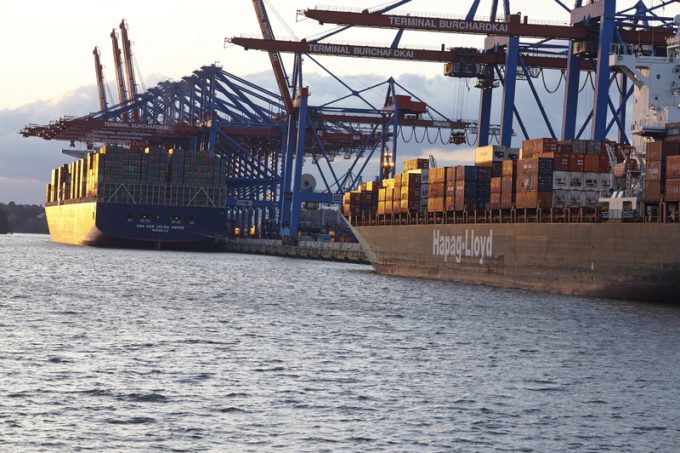Ceva's $440m Turkish M&A dish – what's in it?
Tasty… or…

As their network coverage becomes compromised by an aggressive blank sailings strategy, ocean carriers are turning to slot charter deals with members of rival ocean alliances to cover their contract commitments.
Effective next month, Hapag-Lloyd has agreed a slot charter with Ocean Alliance member CMA CGM which, it said, would “strengthen” its coverage in Asia and provide dedicated connections for the North Europe Benelux ports and the UK’s Southampton.
The slot charter is outside Hapag-Lloyd’s THE Alliance membership and won’t involve any ...
Maersk u-turn as port congestion increases across Northern Europe
Apple logistics chief Gal Dayan quits to join forwarding group
Maersk Air Cargo sees volumes fall as it aims for 'margin in favour of revenue'
Airlines slash freighter capacity post-de minimis, but 'the worst is yet to come'
Houthis tell Trump they will end attacks on Red Sea shipping
Transpac rates hold firm as capacity is diverted to Asia-Europe lanes
MSC revamps east-west network as alliance strategies on blanking vary
India-Pakistan 'tit-for-tat' cargo ban sparks sudden supply chain shocks


Comment on this article